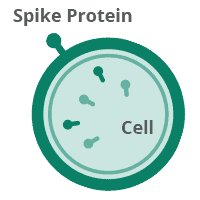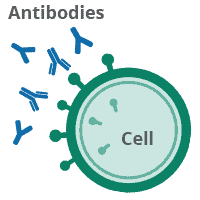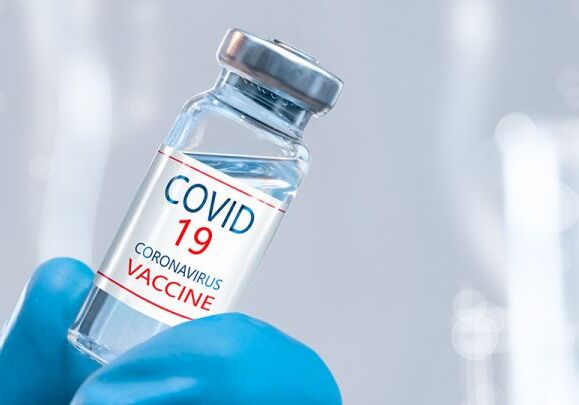What you need to know about COVID-19 vaccines
The Health Sciences Authority (HSA) and Expert Committee on COVID-19 vaccination have assessed that the Pfizer-BioNTech / Comirnaty and Moderna / Spikevax mRna-based COVID-19 vaccines are safe and effective for the general adult population, including people with chronic medical conditions. They were granted interim authorisation for their use in Singapore under the Pandemic Special Access Route (PSAR).
The primary vaccination series consists of two doses, with the second dose administered 21 days later for the Pfizer / Comirnaty vaccine and 28 days later for the Moderna / Spikevax vaccine.
More information on COVID-19 Vaccines:
Understanding the virus that causes COVID-19
Coronaviruses, like the one that causes COVID-19, are named because of their crown-like spikes on their surface, known as the spike protein.
How does the mRNA vaccine work?
Unlike traditional methods of injecting a weakened or a dead form of virus into the body, the Pfizer-BioNTech and Moderna COVID-19 vaccines consist of messenger RNA (mRNA). When administered into the muscle, the mRNA vaccine gives instructions to our muscle cells to create a harmless protein piece, which is also known as the “spike protein”.

mRNA vaccines give instructions to your body to make copies of the spike protein. The spike protein is also known as a glycoprotein, which contains carbohydrates such as sugar molecules.
After the spike protein is created, the cells break down and gets rid of these instructions.

Next, the cells display the protein piece on its surface. Our immune systems recognise that the protein does not belong there and starts building an immune response to it by making antibodies.
This process also occurs when there is a natural infection against COVID-19.

At the end of the process, the body would have learnt to protect itself against a future infection.
The benefit of mRNA vaccines, like all vaccines, is that those vaccinated gain this protection without ever having to risk the serious consequences of falling ill with COVID-19.
mRNA Vaccines Are New, But Not Unknown
mRNA vaccines have been studied previously for diseases such as influenza, zika virus, rabies, and cytomegalovirus (CMV). Beyond vaccines, cancer research has explored using mRNA to trigger the immune system to target specific cancer cells.








